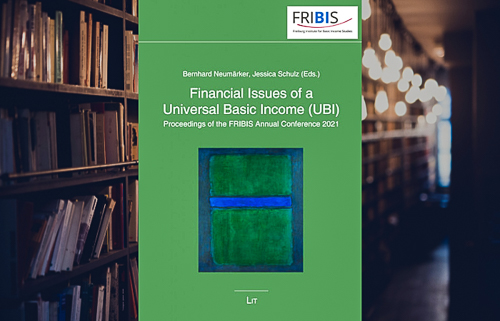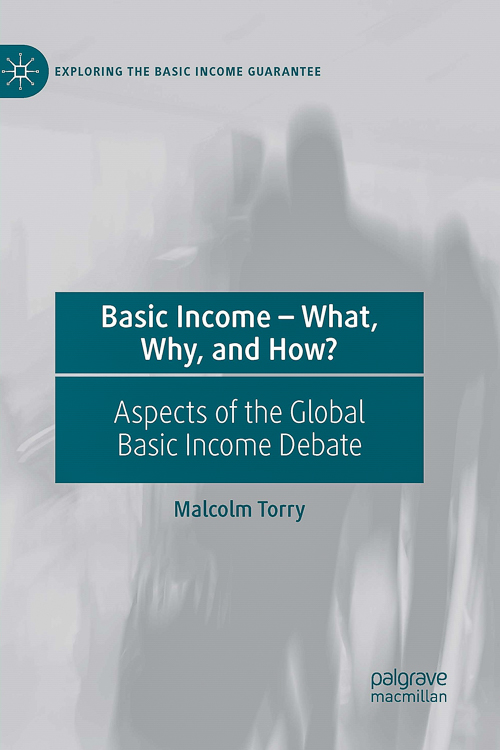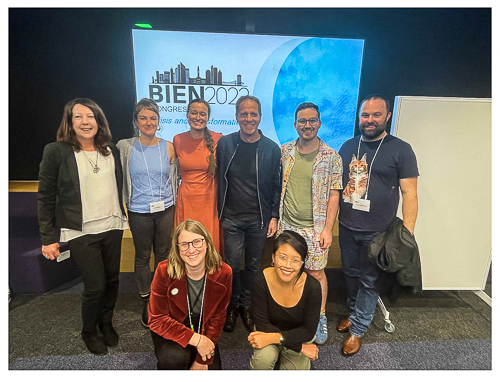
by Peter Knight | Nov 8, 2022 | News
In 2021, the first FRIBIS annual conference took place in Freiburg, Germany. It was dedicated to the topic “Financial Issues of a Universal Basic Income”. Now the contributions have been published by LIT Verlag Berlin, edited by Bernhard Neumärker and Jessica Schulz.
To read more click here.

by Peter Knight | Nov 4, 2022 | News
An article by Sarah Holder published by Bloomberg reports that preliminary data on over 20 guaranteed income pilot programs shows that they have been a lifeline across the US — especially for parents of color.
Click here to read the article.

by Peter Knight | Oct 31, 2022 | News
Malcolm Torry, BIEN Treasurer, has a new book, Basic Income—What, Why, and How? Aspects of the Global Basic Income Debate just published by Palgrave Macmillan. The book analyzes the global Basic Income debate which is now widespread, and is based on conference papers, previously published chapters, and other previously published articles. Torry discusses the aspects of a debate that are the subject of frequent consultation and discussion. The book is part of the book series: Exploring the Basic Income Guarantee (BIG)
You can read about the book and purchase all of it or individual chapters by clicking here.

by Peter Knight | Oct 31, 2022 | News
The 21st annual Congress of the Basic Income Earth Network (BIEN) was hosted in Brisbane, Australia, by the University of Queensland’s Centre for Policy Futures from 26-28 September, in conjunction with the Faculty of Humanities and Social Sciences, BIEN Australia, the Australian Basic Income Lab, and Queensland University of Technology.
Read a summary report on the Congress here.

by Peter Knight | Oct 30, 2022 | News
An article by Sigal Samuel entitled “Everywhere basic income has been tried, in one map Which countries have experimented with basic income — and what were the results?” is now available online.
To read the article click here.






